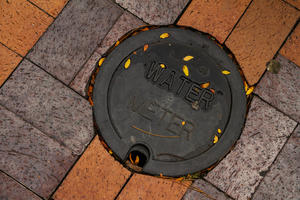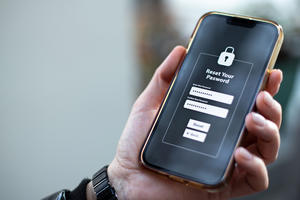Zero Waste Week comes around every year and is a chance to do our bit to reduce waste and get as close as possible to that zero figure. While zero waste is a significant achievement, the event is a chance to make commitments to minimise waste, both at home and in the workplace, in several ways. Zero Waste Week 2021 is running from 6-10 September, with a focus on raising awareness about the environmental impact of waste.
Zero Waste Week was founded in 2008 with the mission of getting as many people as possible to join in and cut the amount of waste reaching landfill and damaging the environment. The campaign is conducted mainly online with the Zero Waste Week website, email newsletters and social media activity looking to gain as much attention and awareness as possible. Zero Waste is an ideal that the founders want us all to aim towards, but a single person recycling a little more or your organisation putting in place a ban on single use plastic can really make a difference. Let’s look more closely at what you can do at home and at work to take part in Zero Waste Week 2021 and live more sustainably.
Making a difference at work
There are many ways you can cut waste in the office and workplace. A top-down approach is essential to convincing employees of the importance of your new sustainable approach. The first thing you can do is carry out a full audit of your business and see what consumables you use and stock, maybe there are recyclable alternatives, or you could cut out their use altogether.
Other practices to consider for a waste-free workplace include:
- Cut out single-use plastics – you don’t have to label it a ban, but you could phase out and encourage cutting out single use plastics. Ditch the use of bottled water and instead consider on-site dispensers or encourage employees to bring their own reusable cups and bottles.
- Go paper-free – technology has evolved to allow many businesses to run without any need for printouts, paper receipts or any paper at all in some instances. Utilising cloud storage and other online and digital storage solutions frees up space and minimises the wastepaper in your office.
- Set a recycling standard – make recycling the norm, not an option in your business. Replace all regular bins with colour-coded recycling alternatives to ensure everything is kept separate and can be easily dealt with when it’s time to recycle.
Making a difference at home
Small changes at home can make a significant contribution to the Zero Waste Week campaign. Especially if as many households as possible get involved and you’re vocal about sharing your story and making others aware of the efforts you’re making. Simple changes you could make this Zero Waste Week include:
- Going solid – by this we mean switching to solid shampoos, soaps, and conditions. Solid shampoo and conditioner are a fairly new idea but switching back from body wash to solid soap minimises waste packaging, and there are plenty of high-quality brands offerings these products, so you can enjoy the same level of cleanliness and care.
- Make the most of your freezer – Zero Waste Week organisers are encouraging us all to “go shopping at home”, by which they mean challenging yourself to cook with ingredients in your home you’ve been overlooking. Using them before they go out of date minimises waste and you might find a new favourite meal.
- Commit to reusables permanently – cloth and canvas shopping bags and your trendy reusable water bottle are a great idea, but only if you use them. If you always forget the bags and buy more plastic at the supermarket or find yourself at the vending machine at the gym or in work buying bottled water or drinks, then it’s time to properly commit. Hang your reusable shopping bags by the front door and ensure your water bottle is in the fridge ready each night, set yourself up to succeed and it’ll make living sustainably the easiest option and not a chore.
Zero Waste Week is a chance to show your commitment to a more sustainable future and finding ways to stop piling landfills with dangerous waste. Making one small change can really help and you’ll soon find you’re motivated to do more.


